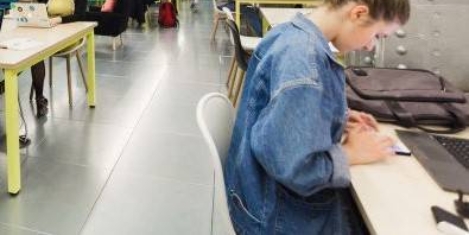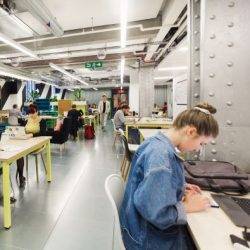July 11, 2017
Taylor Review on Modern Working Practices and the gig economy is published 0
 The long awaited UK government commissioned report into modern working practices and the so-called gig economy has been published at last. The Taylor Review was commissioned by the Department for Business, Energy & Industrial Strategy last year and there has been a great deal of speculation regarding its content ever since, especially last week after parts were apparently leaked to the media. You can follow the pile in now on Twitter and the festering pits of ignorance, prejudice and bile known as newspaper comment sections. Or you can read it here before you draw your own conclusions. We’ll be having our say tomorrow and sharing the thoughts of various organisations into its contents. The report was authored by Matthew Taylor, Chief Executive of the RSA and considers the implications of new forms of working, especially with regard to the gig economy and freelance work on worker rights and responsibilities, as well as on employer freedoms and obligations. It sets out seven key principles to address the challenges facing the UK labour market, set out below.
The long awaited UK government commissioned report into modern working practices and the so-called gig economy has been published at last. The Taylor Review was commissioned by the Department for Business, Energy & Industrial Strategy last year and there has been a great deal of speculation regarding its content ever since, especially last week after parts were apparently leaked to the media. You can follow the pile in now on Twitter and the festering pits of ignorance, prejudice and bile known as newspaper comment sections. Or you can read it here before you draw your own conclusions. We’ll be having our say tomorrow and sharing the thoughts of various organisations into its contents. The report was authored by Matthew Taylor, Chief Executive of the RSA and considers the implications of new forms of working, especially with regard to the gig economy and freelance work on worker rights and responsibilities, as well as on employer freedoms and obligations. It sets out seven key principles to address the challenges facing the UK labour market, set out below.










 One in three (34 percent) UK workers are dealing with anxiety, depression or stress, which is affecting their ability to carry out their day-to-day roles, claims a new report. Two in five (39 percent) have taken time off work or reduced their responsibilities because of their health, and of those, 39 percent did not feel comfortable telling their employer about the issue according to the PwC research. Nearly a quarter (23 percent) think their organisation does not take employee wellbeing seriously and more than half (54 percent) work for companies which do not offer health benefits such as counselling, health screening and subsidised gym memberships. The research suggests that Health and wellbeing has a significant impact on performance with four out of five workers (83 percent) believing that their wellbeing influences how productive they are. Pressures such as dealing with customers and clients, and long hours have the biggest impact on workplace wellbeing. The survey respondents also indicated a belief that technology can play a part in addressing health, with almost half saying they would be open to using an app to improve their wellbeing.
One in three (34 percent) UK workers are dealing with anxiety, depression or stress, which is affecting their ability to carry out their day-to-day roles, claims a new report. Two in five (39 percent) have taken time off work or reduced their responsibilities because of their health, and of those, 39 percent did not feel comfortable telling their employer about the issue according to the PwC research. Nearly a quarter (23 percent) think their organisation does not take employee wellbeing seriously and more than half (54 percent) work for companies which do not offer health benefits such as counselling, health screening and subsidised gym memberships. The research suggests that Health and wellbeing has a significant impact on performance with four out of five workers (83 percent) believing that their wellbeing influences how productive they are. Pressures such as dealing with customers and clients, and long hours have the biggest impact on workplace wellbeing. The survey respondents also indicated a belief that technology can play a part in addressing health, with almost half saying they would be open to using an app to improve their wellbeing.























July 11, 2017
Creativity is the new productivity in the modern era of work and workplaces 0
by Serena Borghero • Comment, Facilities management, Workplace design
More →